Raising Kind Kids in a Selfish World
In an age of social media highlight reels and “me first” culture, raising compassionate children feels like swimming upstream. Every playground interaction and grocery store moment becomes a teaching opportunity about kindness versus self-interest. But empathy isn’t extinct—it just needs intentional cultivation in a world that doesn’t always reward it.
Model Kindness in Daily Interactions

Children absorb how you treat service workers, neighbors, and strangers. Thank the grocery cashier genuinely, help someone struggling with heavy bags, or let another car merge in traffic. Your everyday actions teach more than any lecture about being nice. Kids mirror what they see consistently, not what they hear occasionally.
Practice Gratitude as a Family Habit
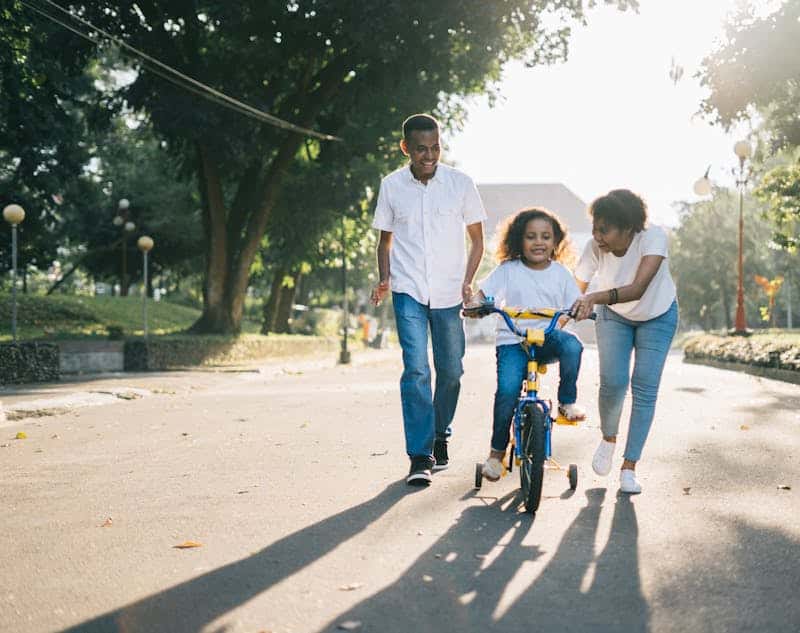
Create regular gratitude practices—dinner table sharing, bedtime appreciation, or gratitude journals for older kids. Focus on people who helped them, not just material things they received. This shifts attention from what they lack to abundance already present. Grateful children naturally become more generous and less focused on personal wants.
Teach Perspective-Taking Through Stories

Books and movies provide safe spaces to explore others’ feelings and motivations. Ask “How do you think that character felt?” or “What would you do in that situation?” This builds empathy muscles without real-world pressure. Stories let children experience different perspectives and develop emotional intelligence through imagination rather than potentially hurtful trial and error.
Encourage Acts of Service

Involve kids in age-appropriate volunteering: making cards for nursing homes, donating toys, or helping neighbors with yard work. Service builds empathy by connecting abstract concepts of need with concrete actions. Start small and local—helping is more meaningful when children can see direct impacts of their kindness on real people.
Address Unkind Behavior Immediately
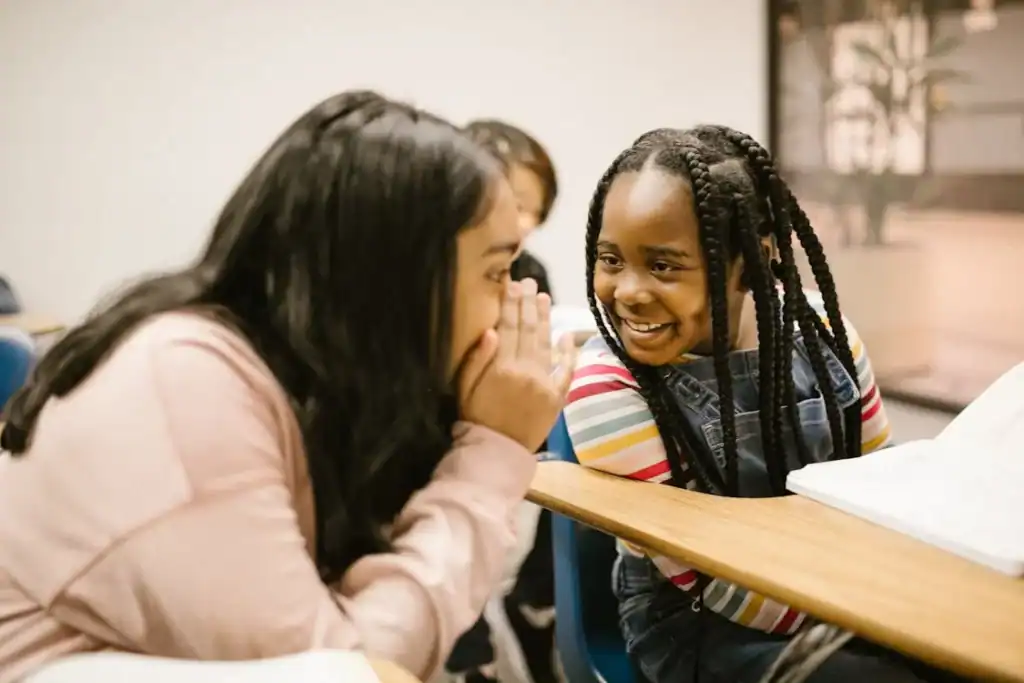
When children are mean, address it right away with natural consequences and repair actions. “That hurt Sarah’s feelings. How can we make this right?” Focus on impact rather than punishment. This teaches accountability and problem-solving while maintaining relationships. Quick, consistent responses prevent unkind patterns from becoming ingrained habits over time.
Create Opportunities for Cooperation
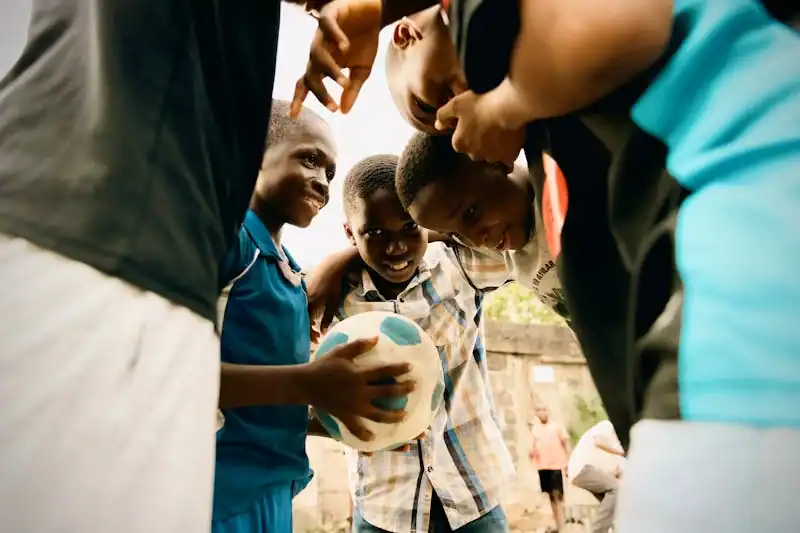
Choose games and activities that require teamwork rather than competition. Building projects, cooking together, or collaborative art teaches that working together achieves better results than individual effort alone. Cooperation skills developed early transfer to school, friendships, and eventual workplace success while building natural inclination toward helping others.
Limit Exposure to Toxic Media
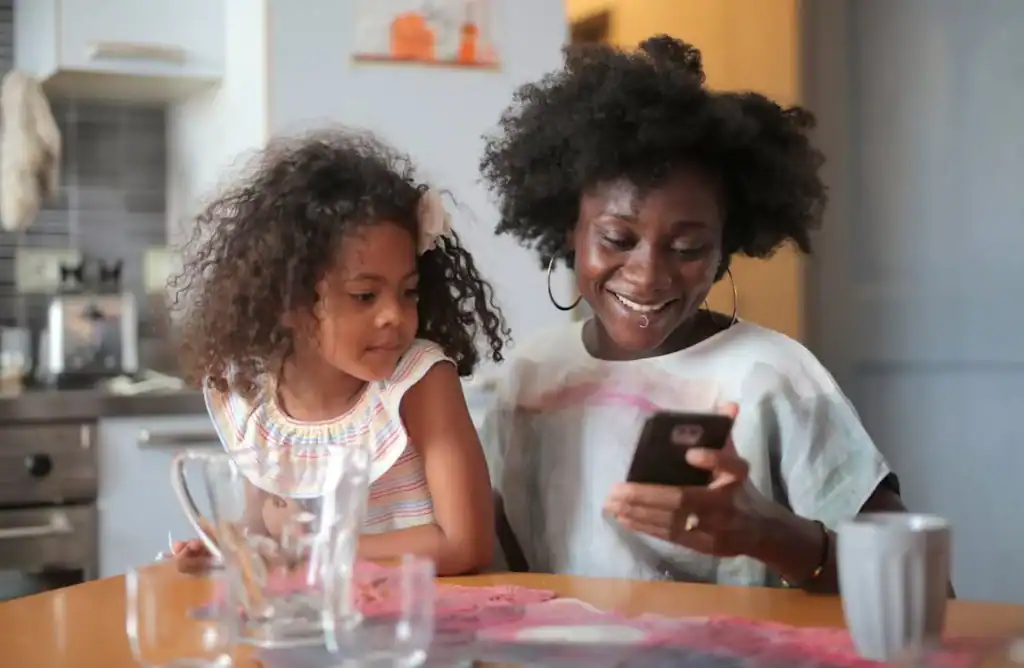
Monitor content that glorifies meanness, materialism, or selfishness as entertainment. Reality shows, certain cartoons, and social media can normalize unkind behavior as acceptable or funny. Choose media that celebrates friendship, problem-solving, and community. Children’s developing moral compass is influenced by the characters and values they see repeatedly in entertainment.
Praise Character Over Achievement
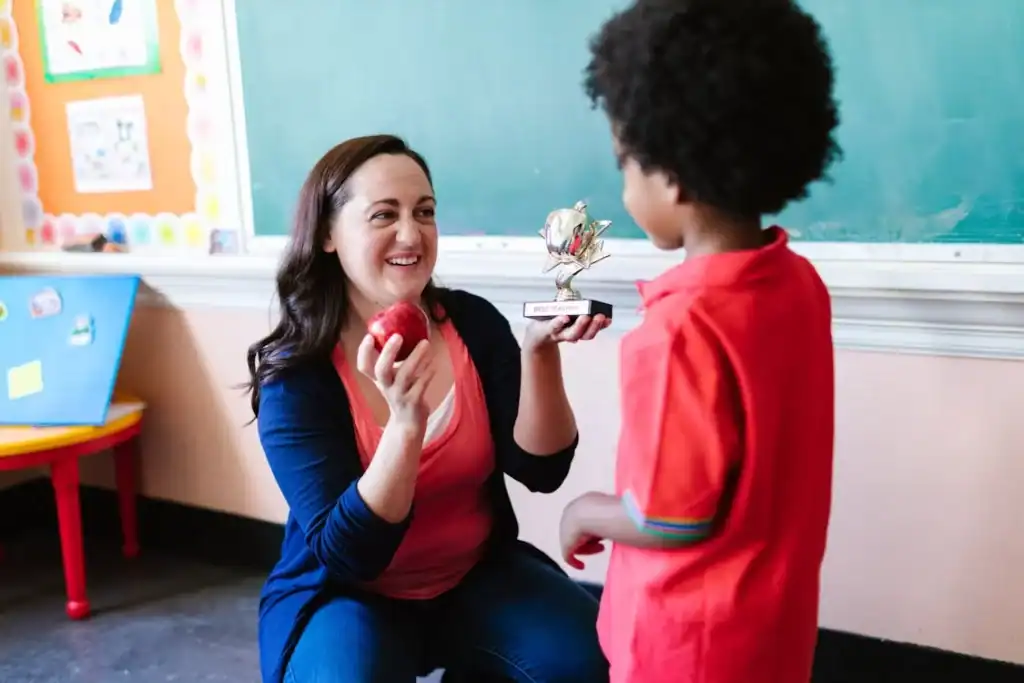
Celebrate when your child includes others, shares without being asked, or shows concern for someone’s feelings. “I noticed you helped Tommy when he fell—that was really caring” reinforces empathy as valuable. Achievement praise focuses on personal success; character praise emphasizes impact on others and community contribution over individual accomplishment.
Teach Emotional Regulation Skills
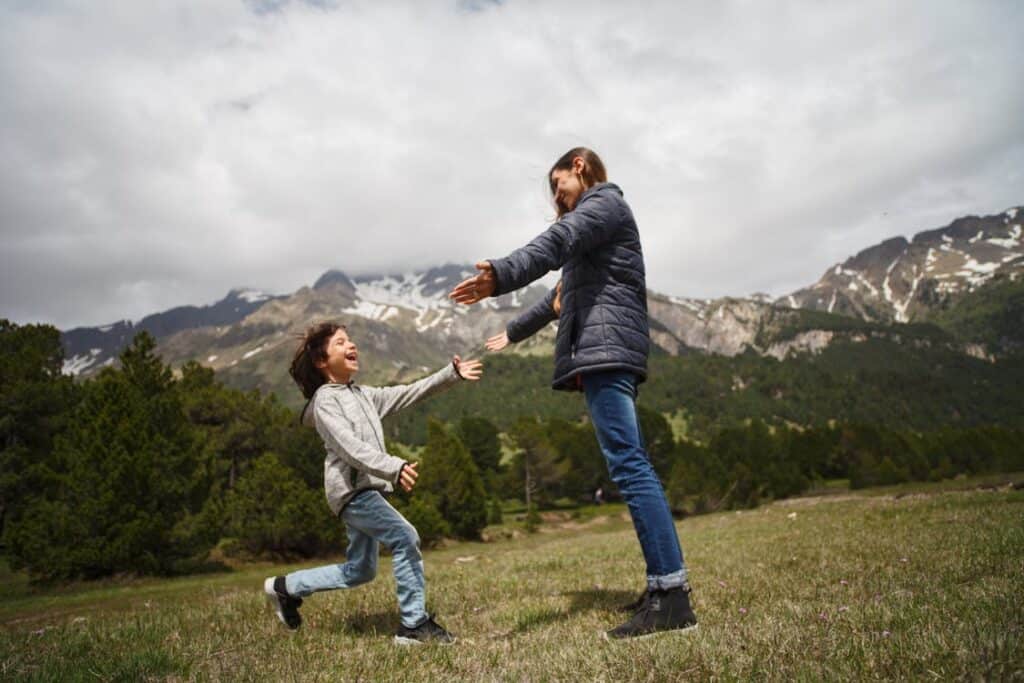
Kind behavior is easier when children can manage their own emotions effectively. Teach breathing techniques, feeling identification, and calming strategies. Children who feel emotionally secure and regulated are more likely to notice and respond to others’ needs. Self-awareness and emotional control are prerequisites for genuine empathy and consistent kind behavior.
Connect Kindness to Family Values
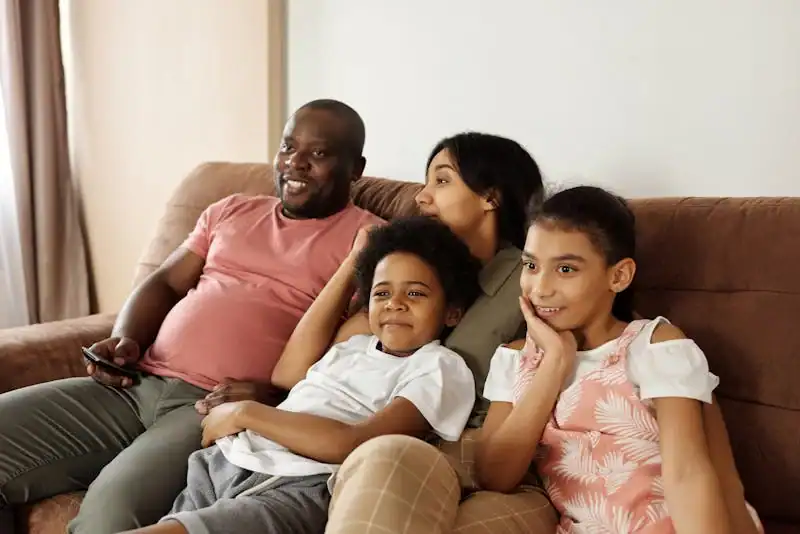
Explain why kindness matters to your family specifically. “We help others because everyone deserves to feel loved” or “Being kind makes our community stronger.” This gives deeper meaning beyond “be nice because I said so.” Children need to understand the why behind values to internalize them genuinely rather than just follow rules.





